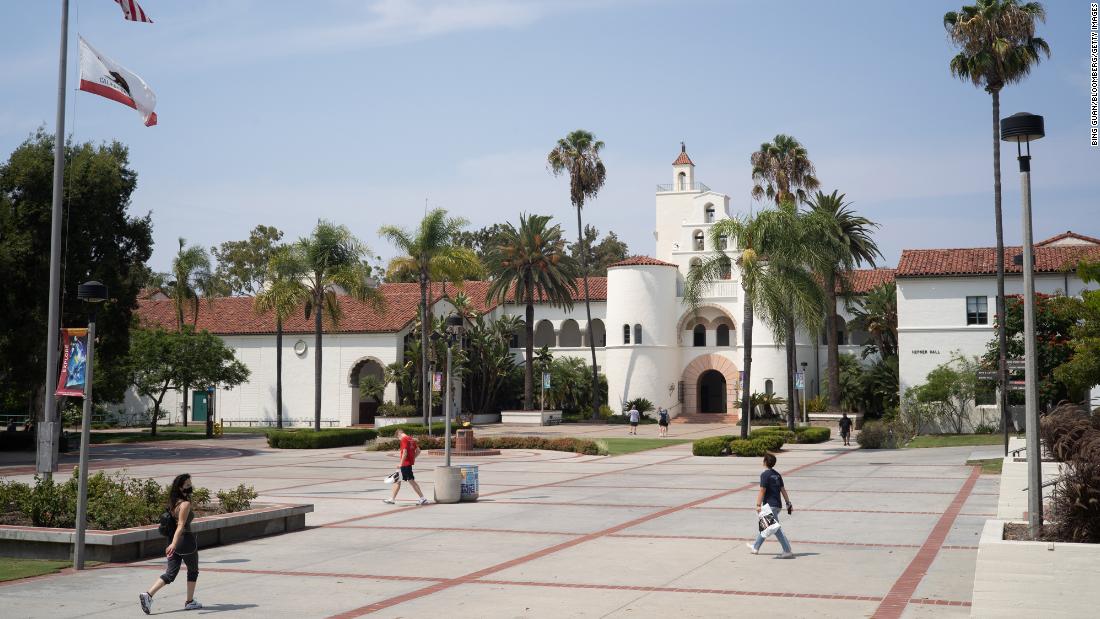
Colleges and universities across the US are moving to ban caste discrimination
CNN
A tweak to California State University's anti-discrimination policy that quietly went into effect on January 1 acknowledges caste discrimination. Now that the largest university system in the country's most populous state has committed to caste protections, many hope the movement for caste equity will continue to grow.
But for many advocates and student leaders, the tweak to California State University's anti-discrimination policy that quietly went into effect on January 1 was a civil rights victory: An acknowledgment from the nation's largest, four-year public university system that the insidious form of oppression that has long haunted some on campus is, in fact, real.
Caste-oppressed students, who mostly hail from South Asian immigrant and diaspora backgrounds, say that casteism tends to manifest in US colleges and universities through slurs, microaggressions and social exclusion. But because these dynamics play out within these minority communities, most other Americans have little understanding of how they operate -- leaving these students, many of whom refer to themselves as Dalits, without recourse.

Federal regulators repeatedly granted appeals to remove Camp Mystic’s buildings from their 100-year flood map, loosening oversight as the camp operated and expanded in a dangerous flood plain in the years before rushing waters swept away children and counselors, a review by The Associated Press found.

Two of the most senior figures in the US government — Secretary of State Marco Rubio and the White House chief of staff — have been impersonated in recent weeks using artificial intelligence — a tactic that harnesses a rapidly developing technology that cybersecurity experts say is becoming the “new normal” in terms of cheap and easy scams targeting senior US officials.

 Run 3 Space | Play Space Running Game
Run 3 Space | Play Space Running Game Traffic Jam 3D | Online Racing Game
Traffic Jam 3D | Online Racing Game Duck Hunt | Play Old Classic Game
Duck Hunt | Play Old Classic Game









